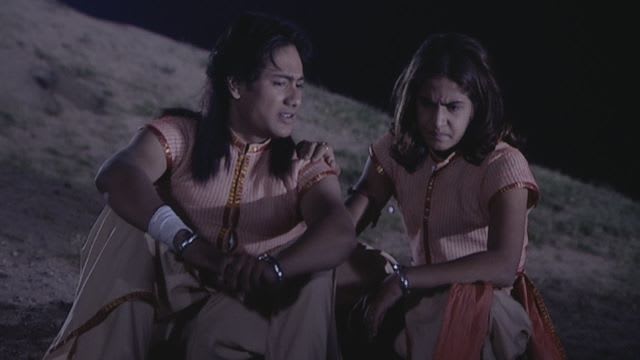

‘Prithviraja Vijaya’ does not talk about the exact year of his birth. His battles with Shahabuddin Muhammad Ghori are especially well-known.Īccording to the famous eulogistic Sanskrit poem ‘Prithviraja Vijaya’ Prithviraj III was born on the 12th day of Jyeshtha, which is the second month of the Hindu calendar and corresponds to May – June of the Gregorian calendar. Even as a young boy he could accurately hit targets only on the basis of its sounds. As the king he set out on several campaigns to expand his territories and became well-known as a valiant and courageous warrior. He was a very brave and intelligent child blessed with sharp military skills. Prithviraj started displaying signs of his greatness at an early age. Prithviraj Chauhan is often praised as a brave Indian king, who stood up against the invasion of Muslim rulers. His elopement in 1175 with Samyukta (Sanyogita), the daughter of Jai Chandra Rathod, the Gahadvala king of Kannauj is a popular romantic tale in India and is one of the subjects of the Prithviraj Raso, an epic poem composed by Chauhan's court poet and friend, Chand Bardai.

He controlled much of present-day Rajasthan and Haryana and unified the Rajputs against Muslim invasions. He received Delhi from his maternal grandfather Anangpal III of the Tomara dynasty in Delhi.

He succeeded to the throne in 1169 CE at the age of 20, and ruled from the twin capitals of Ajmer and Delhi. Prithviraj Chauhan belonged to the Rajput Chauhan clan and was the last independent Hindu king before Hemu to sit upon the throne of Delhi. Prithviraj III, commonly known as Prithviraj Chauhan (1149-1192 CE) was a king of the Hindu Chauhan dynasty, who ruled the kingdoms of Ajmer and Delhi in northern India during the latter half of the 12th century.


 0 kommentar(er)
0 kommentar(er)
